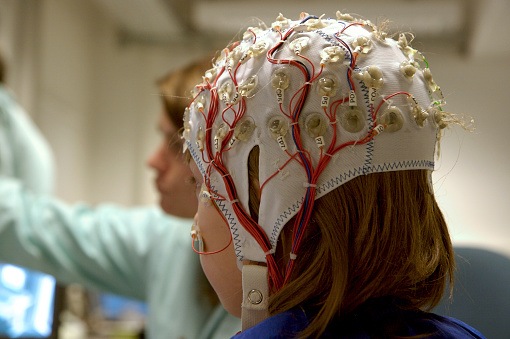
A systematic review published in Clinical Rehabilitation found low-to-moderate quality evidence that yoga helped improve the health-related quality of life (HRQoL) of patients with Parkinson’s disease, but in looking at epilepsy and other central nervous system disorders, the researchers found that the quality of evidence was too low to make a definitive conclusion.
The study authors queried the PubMed-NCBI, EBSCO Host, Cochrane Library, Scopus and ScienceDirect databases through April 5, 2021, for relevant randomized, controlled trials published in English or French. Eligible studies compared yoga to either another intervention group or a control group and clearly measured HRQoL. The revised Cochrane risk-of-bias tool for randomized trials was used to determine methodological quality, while the Grading of Recommendations Assessment, Development and Evaluation (GRADE) criteria was implemented to assess quality of evidence.
There were 16 studies in all for multiple sclerosis (n=6), Parkinson’s disease (n=5), stroke (n=2), dementia (n=1), epilepsy (n=1), and brain tumor (n=1). However, between-group statistics were only conducted in 12 studies, eight of which identified significant between-group differences posttreatment. In studies where yoga was compared to a control group, yoga tended to be superior, but when it was compared to a different intervention, outcomes did not largely differ.
“With low to moderate quality of the evidence, yoga seems effective to improve HRQoL in people with Parkinson’s disease. For multiple sclerosis, stroke, dementia, epilepsy and brain tumour, the quality of the evidence is still insufficient to conclude of the effectiveness of yoga,” the researchers summarized.







 © 2025 Mashup Media, LLC, a Formedics Property. All Rights Reserved.
© 2025 Mashup Media, LLC, a Formedics Property. All Rights Reserved.